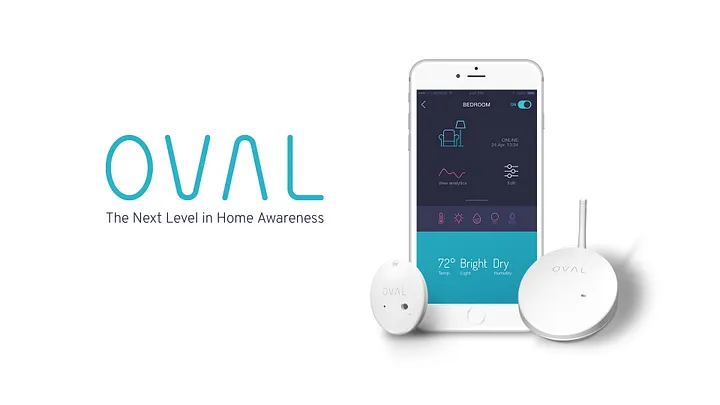This article was written by our guest blogger Jeffrey K. Cassin, Counsel at Scarinci Hollenbeck. It was originally posted on scarincihollenbeck.com.
Could An Incubator or Accelerator Benefit Your Startup?
Accelerators vs. Incubators
According to the latest statistics from the International Business Innovation Association, there are approximately 7,000 business incubators and accelerators around the world. While they are all designed to help entrepreneurs and startup businesses achieve success, the mentorship programs can vary significantly.
To start, it is important to understand the difference between the two kinds of mentorship programs. In most cases, an incubator is designed for first-time entrepreneurs and startups that are still in their early stages. Incubators typically provide a shared, central work space for several startup companies, along with mentorship and other resources. They are often operated by non-profit organizations and/or part of a local economic development program.
In contrast, accelerators are generally more formal and rigorous training programs that take place over a specified period of time, much like a startup “boot camp.” Accelerators are mentorship driven and intended for more seasoned entrepreneurs. In addition to providing startups the opportunity to market their business via a “demo day,” accelerators often also provide seed funding in exchange for an equity stake in the company. Some mentorship programs offer a hybrid approach.
Regardless of the kind of mentorship program, incubators and accelerators have mixed success. Some have track records which are indicia of success while others may be “accelerators” in name only.
The Best Mentorship Program For Your Startup
When deciding whether to join an incubator or accelerator, it is important to conduct due diligence. Below are several key considerations:
Resources matter: Some incubator and accelerator programs offer better resources than others. It isn’t just about dollar investment, but start-ups should consider whether the facilities, location, branding commitments, time, access to affiliated professionals, and other resources are appropriately tailored to fit the start-ups’ needs. Before applying to a mentorship program, interview the programs you are interested in to see what they offer and whether that’s a correct fit for you.
Personal commitment: As with most aspects of starting a business, you can only get out of it what you put into it. Mentorship programs can be intense, often cramming a year’s worth of learning into a few short months. The application process can also be complicated and, in some cases, extremely competitive. Before committing to a mentorship program, it is imperative to determine whether you have the time and energy it requires.
Quality of training/mentorship: Startups should also evaluate the quality of the mentorship. In most cases, the incubator or accelerator should be able to provide a list of companies that have completed the program and/or a list of the executives providing the training. While not every mentorship program will have the notoriety of Harry’s, Drop Box or AirBnB, look for proven CEOs and former “graduates” that have achieved success in their industries.
Cost-benefit analysis: Participating in an accelerator can be costly. Many top firms charge a fee for participating in the mentorship program. In addition, if the accelerator provides seed funding, it will expect to receive an equity interest in your startup in return. At the same time, studies have shown that startups trained by top accelerators are faster in raising venture capital and gaining customer traction. So, should the training and networking help your business secure significant venture capital funds, the costs are certainly worth the rewards.
The Fine Print: Certain mentorship programs require commitments from you that may include upfront costs, back-end costs, equity sharing or commitments to accept financing. While it may be tempting to rely on lawyers who are part of the incubator or accelerator program (who can be a valuable resource), it is worth talking to an outside professional to help you make sure you understand the fine print.
The Bottom Line
The bottom line is that incubators and accelerators can help startups avoid common entrepreneurial pitfalls and speed up the process of raising capital and growing a business. Despite these benefits, the mentorship programs are not right for every business, and it is important to do your research before signing on the dotted line. Once you decide to begin the application process, working with experienced counsel can boost your odds of selection and help ensure your legal rights are protected.
Do you have any questions? Would you like to discuss the matter further? If so, please contact me, Jeffrey Cassin, at 201–806–3364.


